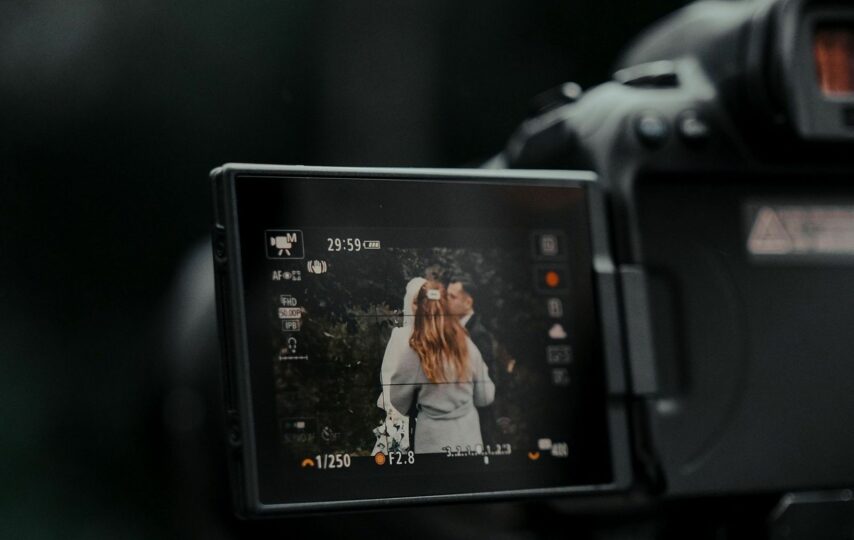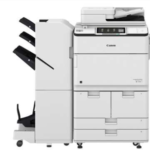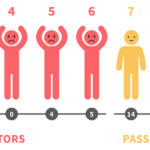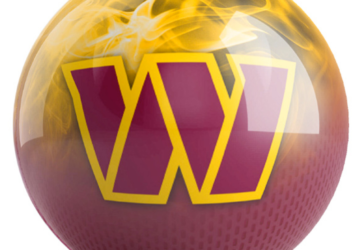As a wedding videographer, your mission is to encapsulate one of the most significant days in a couple’s life into a visually stunning memory that lasts a lifetime. You capture tears of joy, laughs of happiness, and moments of affection, transforming them into a timeless narrative. In recent years, a pivotal question has emerged in the industry: Should you film the wedding day in 4K?
The Rising Standard: 4K Resolution
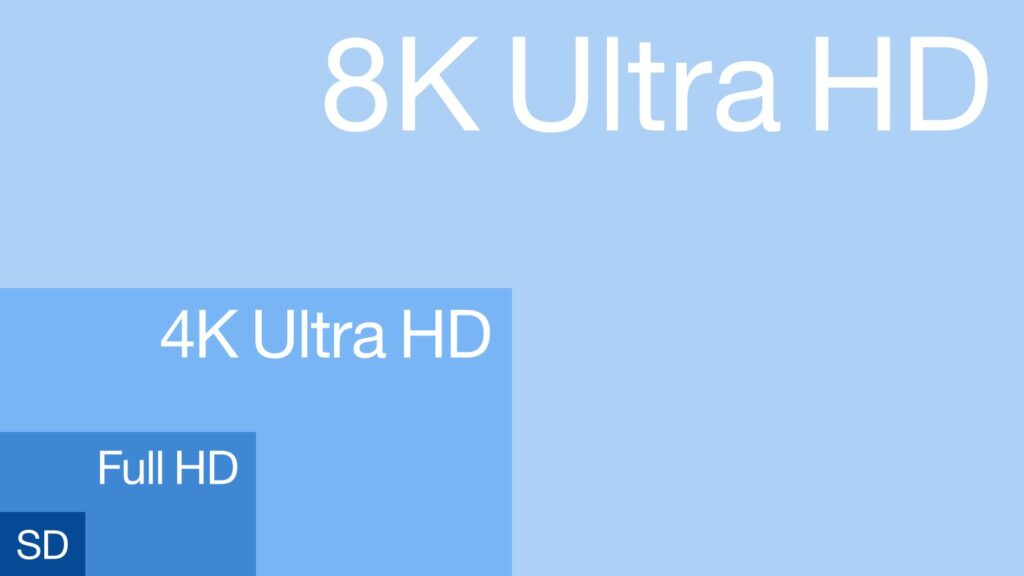
Firstly, let’s break down what 4K resolution entails. With approximately 4000 x 2000 pixels, 4K, or Ultra High Definition (UHD), offers nearly four times the resolution of Full HD (1920 x 1080 pixels), the long-standing standard. This translates into vividly detailed images that, when viewed on a compatible screen, can mesmerize the viewer with their lifelike quality. However, is this substantial leap in resolution and detail warranted in wedding videography?
To answer this question, we explored a myriad of sources, including the Reddit community and insights from professional services like Briden&Groom.video, an outsource wedding video company, to gauge real-world opinions from industry veterans.
4K: An Industry Standard
According to one Reddit user, “4K is the new standard,” signifying a shift in the industry’s paradigm. However, they also acknowledge that some may argue the market hasn’t completely transitioned from 1080p. This videographer provides insightful advice – understanding your clientele is paramount. If your clients are primarily from a lower to middle-income background, 1080p may be more than sufficient. However, for a wealthier clientele equipped with 4K compatible TVs, offering 4K services might be expected.
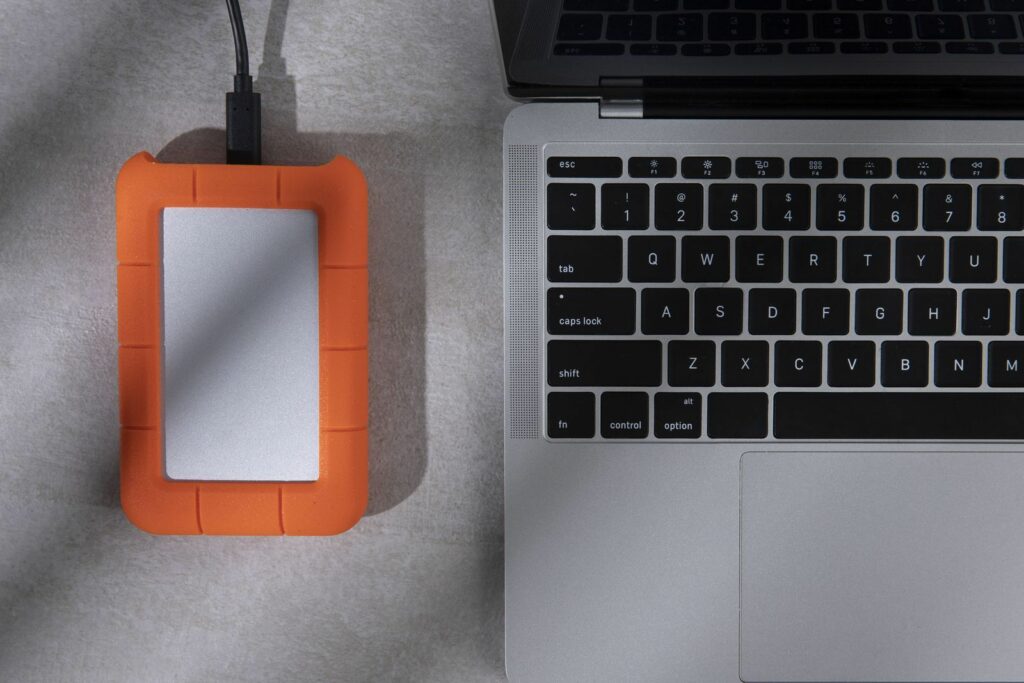
The Challenges of Switching to 4K
Jumping to 4K isn’t a cakewalk. This same Reddit user shares their personal experience of transitioning from 1080p to 4K in 2020. Their MacBook Pro, which initially managed the larger, more intensive 4K files, fell short when they switched to shooting in Log for enhanced control over their films. The system couldn’t handle the optimized media, leading to an upgrade to the Mac Studio for a smoother editing workflow.
Shooting in 4K also affects the storage significantly, as they reveal filling up two 128GB cards 90-100% on a typical wedding shoot. Hence, it becomes critical for videographers considering the switch to 4K to assess their current hardware capabilities and anticipate the necessary upgrades.
Practicality and Flexibility: A Videographer’s Take
Another Reddit user ardently supports shooting in 4K, even if the final product is rendered out at 1080p. They highlight the flexibility 4K provides in post-production, allowing for 2X cropping without any loss of resolution. This option to get digital push-ins or tighter shots can sometimes be a lifesaver, especially if you need to stabilize shots.
The videographer also appreciates the possibility of filming at 60fps to attain a 2.5X slow-motion effect, which comes in handy for capturing fleeting, poignant moments.
The Elephant in the Room: Storage
However, this user does not shy away from discussing the elephant in the room: storage. Shooting in 4K means significantly larger file sizes. This filmmaker discloses hitting around 800GB a day with two shooters, emphasizing the need for investing in a large drive and setting stringent limits on how long footage is kept.
Wrapping Up: To 4K or Not to 4K?
The insights and experiences shared by these videographers are a testament to the complexity of the 4K question. There isn’t a one-size-fits-all answer. Instead, it depends on a confluence of factors: your client base, your hardware, your storage capabilities, and your editing workflow.
4K is undeniably a powerful tool for videographers, offering unparalleled image quality and flexibility in post-production. However, it also brings along with it the demand for greater storage and more powerful processing abilities. As one Reddit user puts it, the leap to 4K is not just a resolution upgrade, it’s a complete overhaul of your workflow, including possibly expanding your camera setup, securing reliable backup strategies, and investing in a robust computing setup.
From a business perspective, understanding your clients and market is key. Catering to a more affluent clientele who own 4K devices might necessitate a 4K offering. Alternatively, you could offer 4K as an optional, premium service, allowing you to charge a higher rate for clients who are willing to pay for that level of detail.
Yet, amid this discussion of 4K and resolutions, let’s not forget the core of wedding videography – capturing the emotion, joy, and love of a couple’s special day. However, regardless of whether you’re shooting in 1080p or 4K, the ability to encapsulate the heart of these moments in your videos is what truly sets a wedding videographer apart.
The Arrival of 8K in Wedding Videography
According to Briden&Groom.video, 4K is currently the norm for wedding videography, but with the introduction of affordable 8K shooting options like the Fujifilm X-H2, this may soon change. Companies are investing in artificial intelligence tools that can upscale 4K footage to 8K, offering incredible detail and sharpness. These AI-enhanced films offer advantages like increased sharpness, particularly in facial details, leading to a more immersive and emotive experience.
Briden&Groom.video stresses the potential of 8K shooting for future-proofing content, capturing more detail, and offering greater post-production flexibility. While 4K currently dominates, the shift towards 8K is starting to gain traction, thanks to the continuous advancement in camera technologies and AI-enhanced upscaling services.
In Conclusion
In conclusion, the decision to venture into the world of 4K and potentially 8K wedding videography is one that requires careful consideration. The immediate and long-term implications on your business, workflow, and product quality are paramount, and it is these factors that should guide your choice. Simultaneously, it’s vital to understand that this conversation about 4K, and even 8K, is merely the tip of the iceberg in the ever-evolving landscape of videography. Staying adaptable, up-to-date, and client-focused will be crucial in navigating these advancements.
The decision to adopt 8K or remain with 4K largely hinges on your target clientele and your vision for the filming process. While the adoption of 8K will likely be a gradual process given its recency, it’s key to remember that not every client will currently possess the technology to appreciate 8K content fully. Nevertheless, this should not deter us from preparing for and embracing this upcoming shift in the industry.

